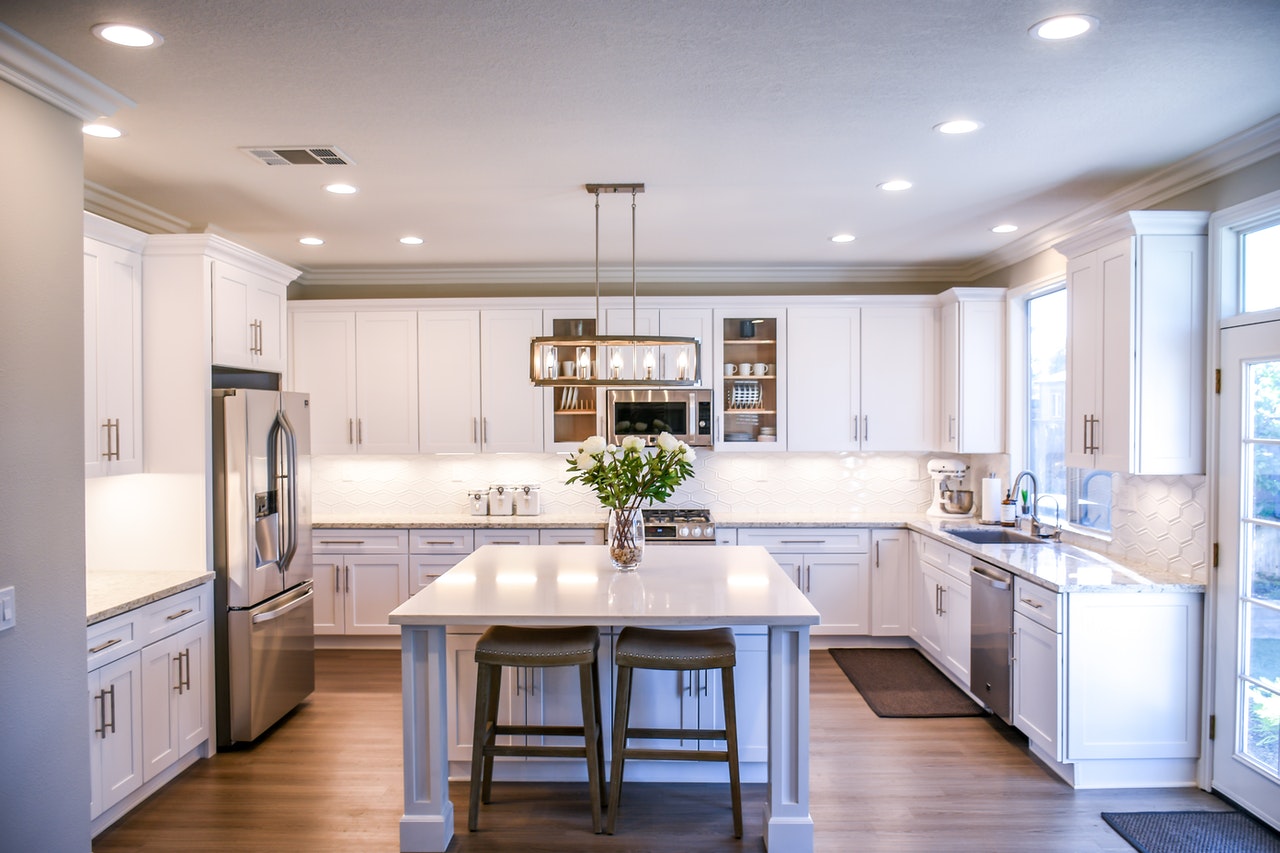If you leave in an area that has extra cold seasons, having a boiler helps in keeping the house warm and providing hot water for bathing and home chores. Homeowners or industries that want their boilers to run for a long time without must ensure that regular maintenance is done. There is also a need to set rules that everyone should follow to avoid boiler-related accidents. Below are some tips for keeping your boiler running and safe all year round.

Get the Boiler Serviced Every Year
Just like any other machine, a boiler needs regular servicing to prevent breakdowns and maximise its lifespan. Always ensure that you only involve professionals for both maintenance and repair works. Professionals like LS1 Boilers will check whether all the elements are in a good working condition so that they can identify small issues before they become huge and costly problems like breakdowns.
Train Everyone on Boiler Safety
If you are using a boiler at home, ensure that everyone at home knows what to avoid for safety purposes. The same should happen at offices and industries since boiler accidents can sometimes lead to injury and sometimes death. People operating the boiler should know what to check for, including pressure level, water level and temperature. Any signs of corrosion should be reported immediately.
Keep the Boiler Room Clean
Most countries have regulations regarding boiler room cleanliness to avoid accidents. The room should not be used as a store for flammable products as they are a potential hazard. Access to the room should be restricted to only technicians and operators who have undergone basic boiler safety training.
Have an Operations Log
It is important to record everything that happens with the boiler to ensure timely inspections and maintenance. Other records like notes from the manufacturer are also important as they can help a technician to diagnose issues quickly. There should be a written report for every inspection instead of using word of mouth. This allows several individuals to access the information and act accordingly.
Monitor New Equipment
If you had done some repairs requiring the installation of new equipment, you should examine the boiler afterwards to ensure that it is working properly and safely. Sometimes new parts can worsen the problem, and the only way to detect it early enough is through extensive examination after installation.
Follow Checklists
You can promote safety and avoid costly mistakes if everyone using the boiler follows protocol. There should be a checklist for how one should properly start-up and shut down the boiler. The manufacturer’s recommendations should guide the checklist you create. Having Checklists is a tested way of minimising errors and safety issues when using machines.
Regularly Check the Pressure If You Have a Sealed System Setup
Boilers sometimes lose pressure with time, and the only way you can notice this issue is if you regularly check the pressure. Normally, the pressure should read between 1 and 1.5 bar, meaning you should add some water in the system if the reading is lower than 1 bar. Read the boiler’s user manual to learn more about your model.
Follow the Manufacturer’s Ventilation Requirements
Most people who don’t follow the manufacturer’s instructions end up keeping their boilers in cramped rooms without ventilation. This can starve the unit of oxygen and make it lose its efficiency. The boiler can also get damaged over time or become unsafe for use. Boilers should have their separate rooms without objects stored around them.
Run the Heating System Regularly
Most people only use the heating systems during cold months, meaning they are left idle when it is warm. Boilers that are left unused for long periods can develop issues or stop working. You can avoid such problems by running your heating system once every month for around 30 minutes.
Maintain the Radiators
In most boilers, air becomes trapped in the radiators over time. The new air in the system will most likely cause cold patches as they prevent the radiator from heating up fully. One way of releasing this air is by bleeding the radiators. The accumulation of sludge at the bottom of the radiators is another common boiler problem, and it can damage your boiler. You can solve this by flushing your system.
Leave a Reply